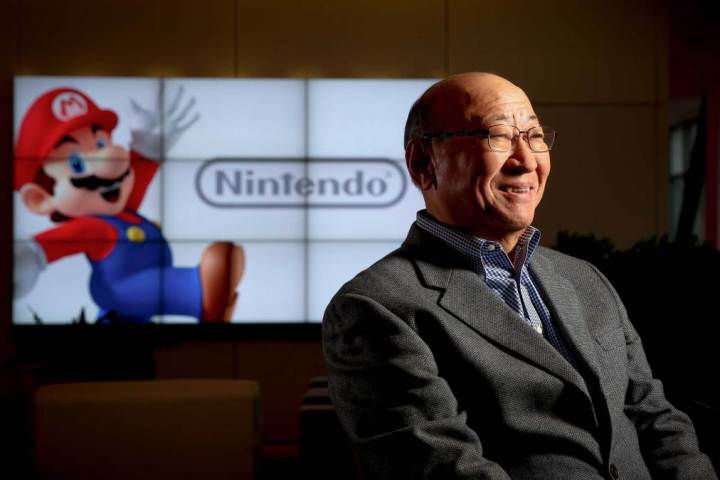
First and foremost, Kimishima said that Nintendo’s “NX,” —the upcoming console rumored to hit stores in 2016— will be “something unique and different.”
“As far as NX goes, I’ve said it’s different and obviously a new experience,” Kimishima said. “If you look back to the beginning of our conversation today, we talked about the transition from Wii hardware to the Wii U hardware and how difficult it is to explain to the consumer base what is different and new about the new hardware. It’s difficult to convince them to switch from their current platform to the next platform.”
The NX will not evolve out of the Wii U hardware, and will “appeal to our [Nintendo’s] consumer base.”
At the same time, Kimishima said he hasn’t given up on the Wii U. Despite the console’s low sales and a new console on the way, he said Nintendo will continue developing games for their current home hardware. Based on internal projections, Kimishima said Nintendo expects to sell 10 million Wii U consoles within the product’s “lifespan.” (To give you a sense of scale, Sony announced last week that it has sold 30 million PlayStation 4 consoles worldwide.) Rather than pushing to grow the hardware’s install base, Kimishima said the company’s goal should be to make games that make good on the promise that convinced Wii U owners to buy the console in the first place.
“Of course we are working on NX and looking at the experiences we can bring to that platform,” he said. “But first our job at this point is to support the consumers who have purchase Wii U and make sure that they have software experiences available to them.”
Kimishima also maintained that he was personally committed to Nintendo in the long term. Contrary to a rumor reported in the Japanese newspaper Nikkei, Kimishima said he does not intend to leave his position after a single year.
“What that was, is the board of directors, as a member of the board, the term is for one year,” he explained. “And at the next shareholders meeting we have to be reconfirmed as board members. That happens on a yearly basis, but there was never any meaning that I would only be president for one year in that conversation.”
Oh, and in case you were wondering, even Kimishima doesn’t know where the codename “NX” came from.
“I don’t believe that there’s any real meaning behind it, and to be perfectly honest, I don’t know where it came from,” He said. “Or perhaps Mr. Iwata had meant to tell me and then never got the chance.”


